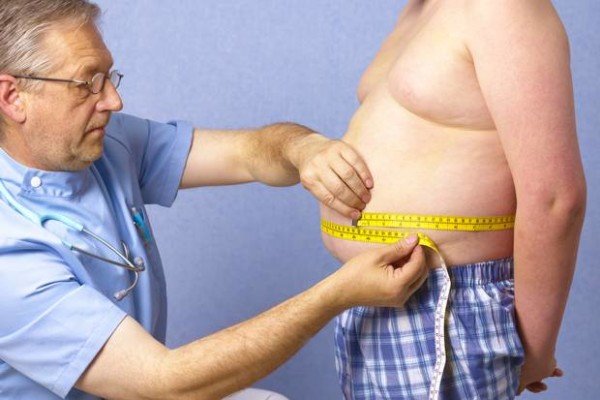Common Teenage Problems
Teenage is perhaps one of the most exciting and simultaneously frightening and challenging periods in an individual’s life. While it brings newfound freedom for some, for others, it might seem as if things are going downhill with everything in life. They are forced to work their way through the changes in their bodies and minds while trying to figure out who they are. Teens today have been brought up in the fast-paced world of new technology, which has the potential to amplify their personal issues or completely create new ones leading to many dysfunctions within society. Teenage life for young adults today can be quite stressful at times as well as frustrating because nothing seems to ever stay consistent anymore with all these changes going on around them constantly.
Increased hormone levels and emotional changes are just two of the factors that make adolescence hard, so it shouldn’t be surprising that teenagers face many difficult problems. These problems can range from family, peer relationships, body image, substance use, teenage pregnancy, sexual activity, and school performance to conflicts with authority figures, violence, and out-of-control emotions. This article strives to briefly point out five common problems teenagers struggle with at the present time. Since it’s important to spread awareness about these issues, there are some well-written essay examples regarding the struggles of adolescence that you can check out.

Depression
Depression is one of the major problems in today’s teens. The teenage years are notorious for change and a constant need to fit in with the ever-changing social scene. This can be both stimulating and extremely stressful at the same time. Teens these days spend way too much on their smartphones and other electronic devices, which prevents them from in-person activities. The lack of sufficient body movements and healthy activities with peers can also increase depressive behaviors in teens.
And the increasing social pressure of keeping up with trends – keeping oneself completely updated can also develop a “fear of missing out” in teens, which further leads to a sense of isolation and loneliness.
Bullying
Teenage issues become invariably more complicated and serious when they face bullying and harassment. This issue should never be dismissed as routine college life. Bullying can leave a lasting and damaging impact on their lives, creating problems such as low self-esteem, lifelong trauma, anxiety, personality disorders, alcohol and substance use, and depression. And there is no getting used to having rocks thrown at you, death threats made on your cell phone, or being recorded without your knowledge by cruel classmates.
So, parents need to check with their children if things seem amiss at home or school. They should be cautious about warning signs of teen bullying and should contact authoritative figures at their child’s school, college or university.

Sexual Activity
It’s important to abolish the taboo related to sexual activity in teens and create a safe space where a teen can openly discuss sexual activities and sexual health problems with professional supervisors. The lack of such communication leads to teens engaging in unhygienic sexual activities, which in turn can cause STDs and other problems in teens.
Academic Problems
Teen students have so much to worry about, whether they have to complete assignments, ace the next test, or get accepted into a good college. Studies show that over 5% of American teens drop out of school every year. The pressure to defy the odds can push a teen to grow a stubborn attitude by skipping school, dropping grades, or even doing drugs. Problems in the classroom itself can also lead to serious life struggles for students when they are not being addressed properly by teachers or administrators or given the credits and appreciation they deserve.
Social Media
One of the more alarming problems facing teenagers today is their increasing reliance upon modern technology, mainly social media platforms. Most teenagers today have access to smartphones which gives them all the power of the internet at their fingertips, with no parental controls and no guidance from adults.
Unhealthy relationships are one of the negative effects of digital communication. Not only has this changed the way teens communicate and pursue relationships, but it has also caused a decrease in healthy communication skills.
Conclusion
Teenage problems are necessary struggles that almost every individual goes through in the short journey from childhood to full adulthood. Despite what many may think, these issues are not something to be avoided at all costs. The fastest way to solve these problems and ensure a brighter future for teenagers is to learn to provide them the proper help and support and become a more compassionate and engaged parent who knows how to create a positive home environment through empathy.

